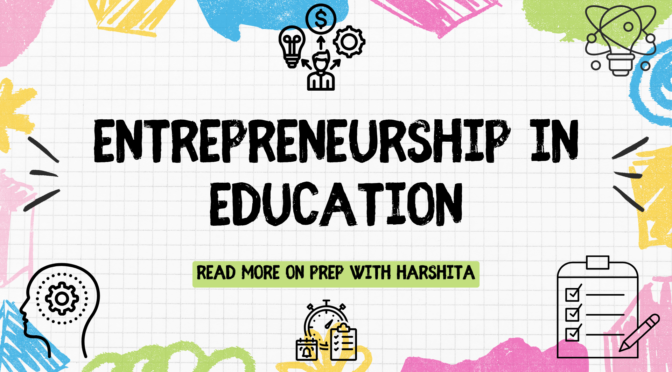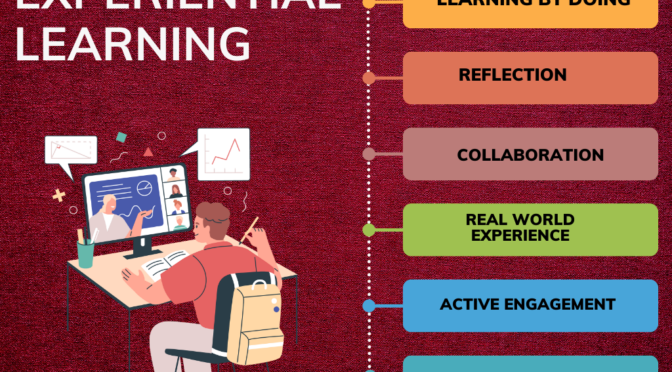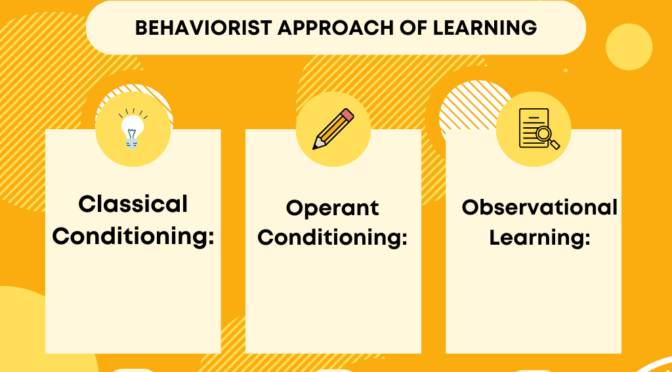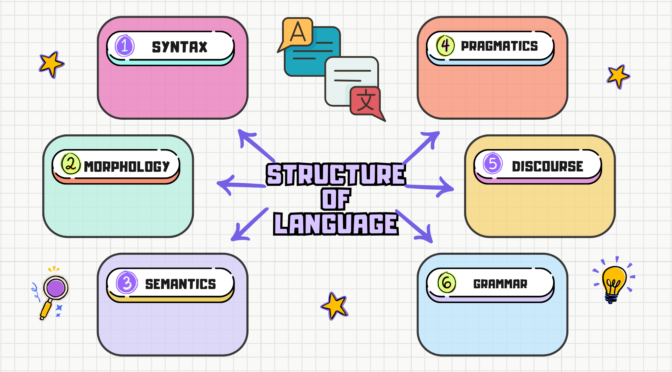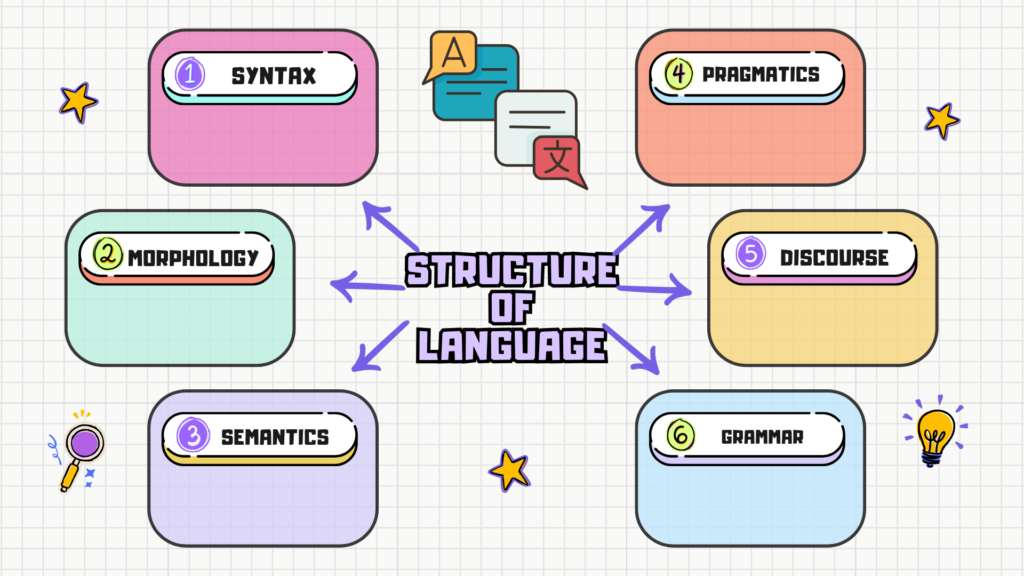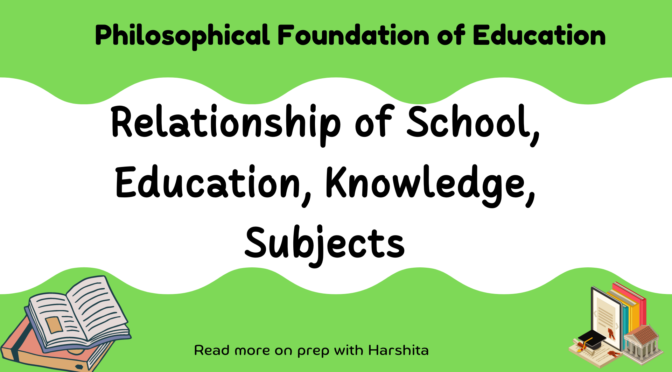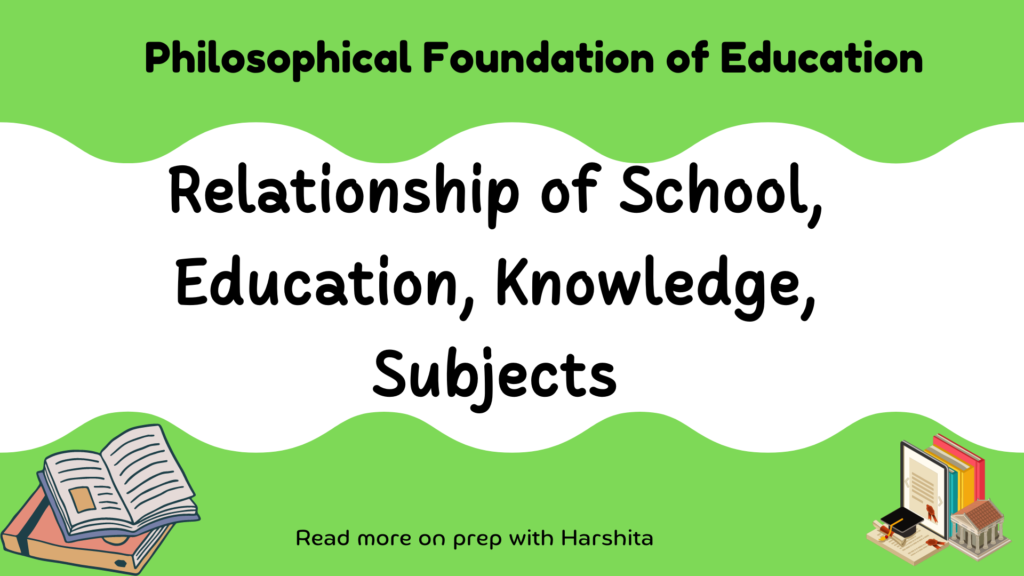Entrepreneurship in education refers to the application of entrepreneurial principles and practices within the field of education. This approach involves innovative thinking, problem-solving, and resourcefulness to address challenges and create opportunities in the educational sector. Here are some key points of entrepreneurship in education:
Innovative Learning Models: Entrepreneurs in education often seek to develop new learning models that are more effective, engaging, and accessible. This could involve technology-driven solutions such as online platforms, adaptive learning software, or experiential learning programs.
EdTech Startups: Entrepreneurship in education has seen a surge in EdTech startups focusing on various aspects of education, including online learning platforms, educational games, virtual reality tools, and AI-powered tutoring systems. These startups aim to revolutionize traditional educational methods and provide more personalized learning experiences.
Read more on Page 2
Also Read : Experiential Learning

